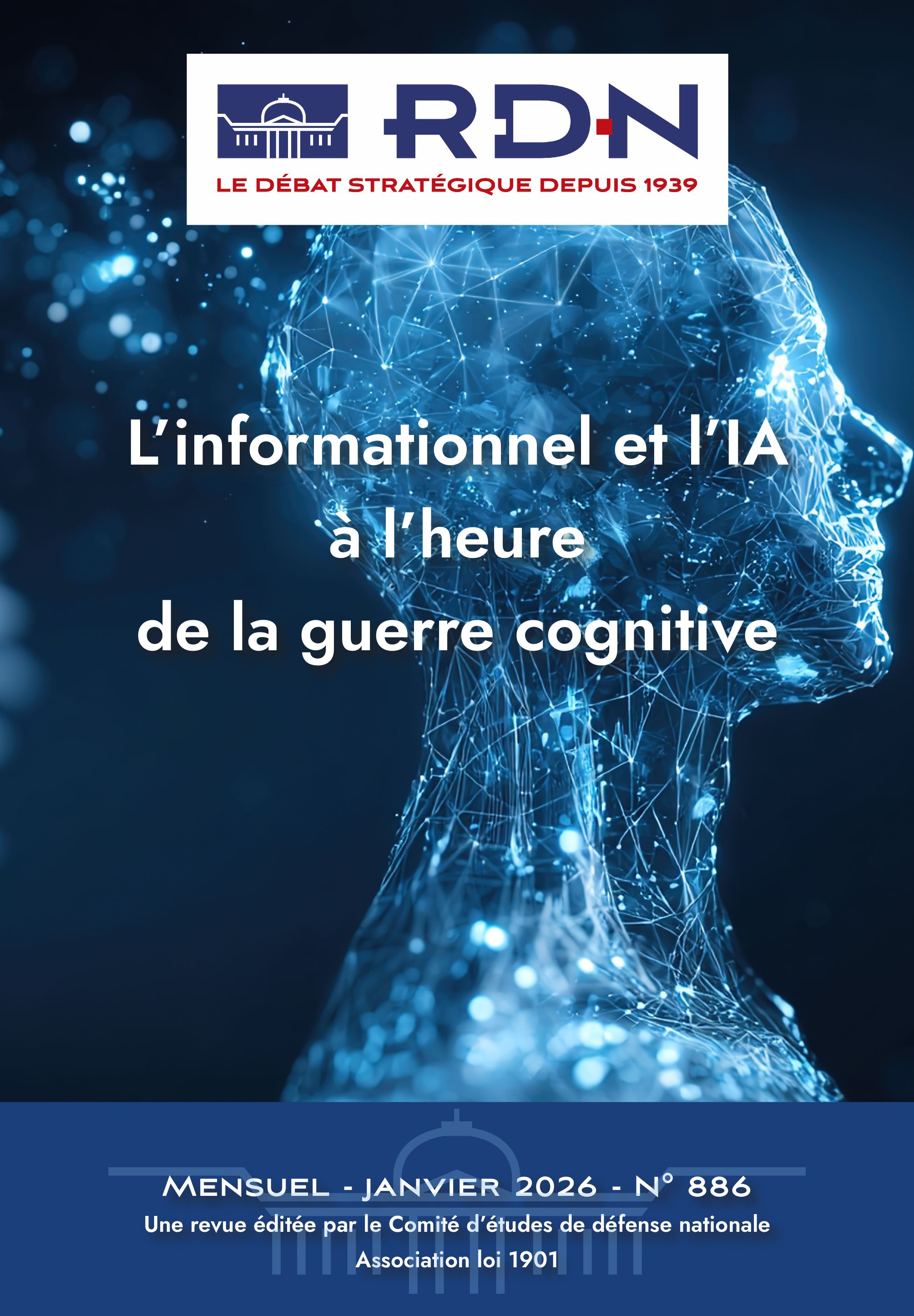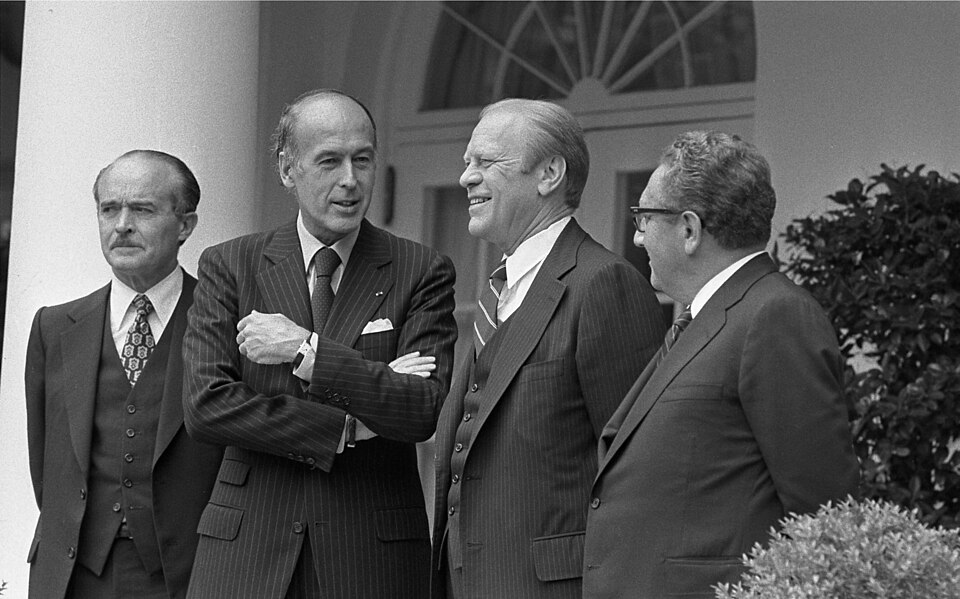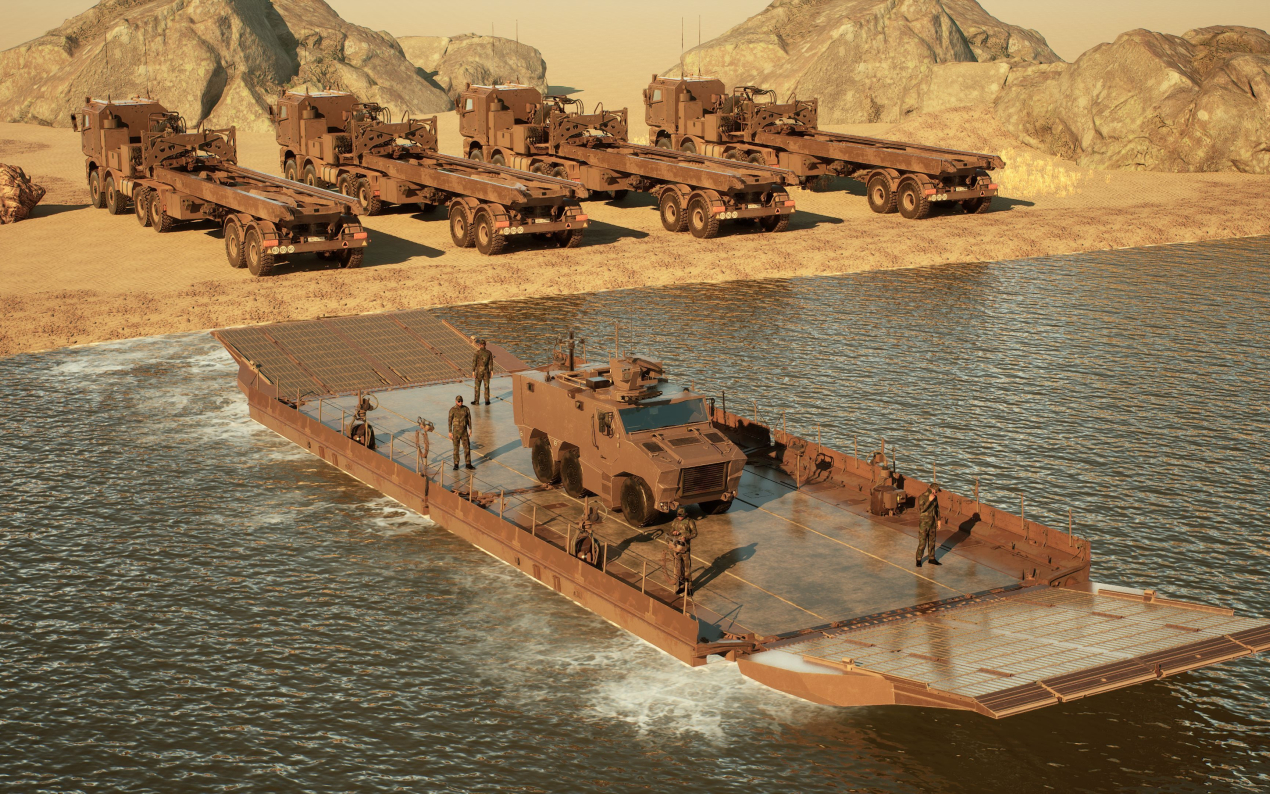Abstracts
Articles published in the French edition of RDN this month
Arab sociological solidarity - Nassif Hitti
Every Arab society has been shaken up: the thirst for social and political modernization is the basis of a collective appeal for dignity and they are united in sociological solidarity. Within each society, revolution and modernization combine differently in each case. A new order is emerging in the Middle East, with heightened tensions. The process continues.
War, strategy and power - Pierre Hassner
The author offers a dissertation on the general theme of war, strategy and power, and their complex interrelationship in the early twenty-first century. In the light of recent French operations, he re-examines those themes, showing how the current combination calls for a sense of neighbourly relations and a determination to achieve balance and accept compromise in order to preserve what he does not name, but which is at the heart of national identity: the freedom to choose one’s own path.
Securing strategic supply lines - David Mascré
Continued growth in France greatly depends on a regular supply of energy and mineral resources, production of which is today under considerable pressure. Moreover, their transport is increasingly under threat from new risks to security. Strategic resources—principally gas and rare metals—warrant improved protection to guarantee the continuity and security of their supply chain, and to avoid our position being weakened by any disruption that might occur in it.
Strategic vulnerability of the supply of vital resources: energy and rare earth elements - Viviane du Castel
Vulnerability of strategic resources, particularly energy supplies, and the risks involved in transporting them to European countries calls for greater awareness and collective strategies. The author develops reflections on energy geo-strategy around this theme.
Strategic aspects of corruption - Pierre Lacoste
Latent corruption and criminality in international trade are rarely discussed, and yet they constitute an increasing threat to security and development throughout the world. The author is an expert on these matters and discusses how defence against these new common enemies might be organised through coordinated reaction by well-regulated societies.
Arms dealing in the French suburbs: power struggles and criminal interconnections - Jean-Charles Antoine
Underground trafficking of illegal military weaponry, nourished by Balkan networks, has established itself progressively in France. Although limited, it undermines security for the citizen and the authority of the government. New indirect circuits may develop as a result of the ‘Arab Spring’ disorders, and feed the existing urban gangs. Greater vigilance is required.
Surprises without surprise, but not without risk - Robert Ranquet
Real surprises only happen to those who refuse information or who allow themselves to be distracted or uninterested. The perspicuity and analytical abilities of the competent services are rarely found wanting. Guilt lies not so much in being taken by surprise as in being neutralized by shock and disarmed by ineptitude.
A dissertation on influence, the weapon of future wars - Franck Faubladier
Information is the essential tool for a strategy of influence in a theatre of war. The military leader has to learn to incorporate it from the outset into his operations, and link it firmly to coercive action. The article proposes a veritable weapons system of influence, with its capabilities and principles.
The Domino Theory in the twenty-first century - Jean-François Loddo
The author attempts to define the strategic fault lines that the twenty-first century world is creating. Using a geostrategic analysis of the reshaping which has developed following the end of the Cold War, and of the American-led activity of the Atlantic Alliance, he offers an original interpretation, highlighting the hot spots of the globalization process.
African dynamics in 2011: a historical turning point - Poussi Sawadogo
With references from political science, the author puts recent African crises, from Libya to the Ivory Coast under the microscope, and sees a turning point in African history in the international community’s new determination to encourage democracy.
Back to the books: Russia looks at its past - Eugène Berg
A study of recent and not so recent books on Russia and its history, notably its military history, clears the way to understanding its capabilities for resistance and commitment, and to detect the constant features of the strategic posture of this great country, whose destiny could lean more towards the West.
Reliable, robust, military and foolproof - François Jourdier
The author makes a plea for loosening the constraints that limit France’s military operational capabilities. Simple, robust and mobile systems and sufficient manpower are needed for France to shoulder her overseas responsibilities and maintain her military standing.
God, Yes or No? - Claude Le Borgne
With his customary verve and pitiless analytical mind, the author synthesises his reading of three recent books that attempt to give a verdict on the existence and nature of God; he discusses them in an unexpected way, and with stimulating vigour.








